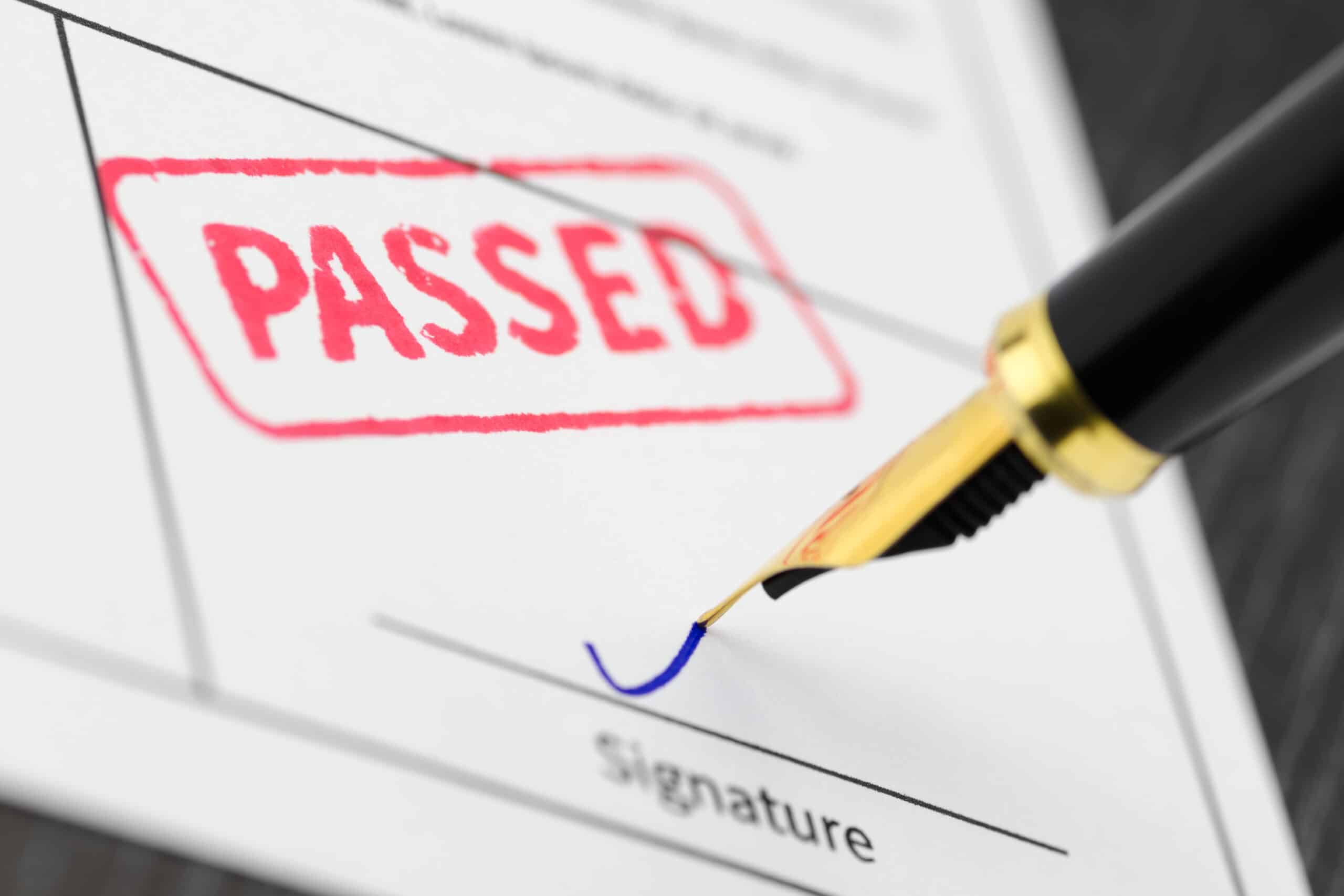You have done the work. You have shown your client to every house possible. Some fit their needs; some did not. But, at last, they have written an offer on the house! You crossed your fingers, and the sellers have accepted. Yes! Now, it is inspection time. The inspection can be a nerve-racking time for all involved. Agents have the deal on the line, the seller wants to sell, and the buyer wants peace of mind. Finding a good inspector is not as easy as calling every name and going with the cheapest. Some agents have a list of preferred inspectors, and others let their clients do their own research. Ultimately, finding an educated, experienced, and helpful inspector is key to aid in a smooth transaction.
So, as an agent, what can you do? First, explain what an inspection is. Being proactive and setting clear expectations in your buyers’ minds helps prevent heightened emotions when the inspection report is reviewed. It is important the client understands that it is impossible to find everything, no matter how fancy the tools. Home inspectors are generalists and not specialized in any system of the home. It is always advised to have a specialist evaluate a system if items appear to need repair. This will allow for a more detailed evaluation of the problem and an estimate of what it will take for an item to be repaired.
Bring awareness to the fact that a home inspector will check all visible areas of a property. If something is inaccessible due to personal belongings, a vehicle, or lock and key, that area will not be inspected. The inspector will report on all items that either clearly do not function as intended or are deemed unsafe. This does not mean all these items are eligible for repair by the homeowner. Inspectors follow the Standards of Practice set by their state. The inspection report is meant to help the buyer make a more informed decision about the property.
Secondly, you can explain what an inspection is not. A home inspection is not a Pass/Fail. We will not give an opinion on whether a home should be bought or not. What our inspectors normally tell buyers who ask that question is that we have a different skill set or perhaps a different interest than the buyer. We may think something is not a big deal because we know how to make repairs that others may have to pay for. So, this might be a good buy for me because I am willing to do the work, but this could cost more if the work needs to be completed by a contractor. Again, inspectors are here to give information about the house. It is up to the buyer to decide how to proceed.

Another thing inspectors do not do is give estimates for repairs. If there are items that need repairing, the buyer should have a contractor give them a direct estimate. It is not a good conversation to have when a customer thinks something will cost one amount and then find out that the cost is higher than anticipated. The inspection report is meant to find major defects and safety issues. Because of this, cosmetic issues or personal preferences are not included in a home inspection report. No matter how ugly that shag carpet is, we will not list it as a major defect. These costs will become the new owner’s responsibility if cosmetic changes are made.
Also, a home inspection is not a guarantee or warranty. As inspectors, we cannot guarantee anything that happens after we walk out the door. We test all accessible items that will stay with the home when we are there but cannot assume or predict that something will or will not happen after we leave. There is no crystal ball. Buying a home is a risk. We help minimize that risk, but we cannot eliminate it. We cannot promise a perfect property and will not even try to assume that liability. However, we are always available to answer questions you have about the findings in your report.
As an agent, knowing how to effectively understand the findings of the report for you and your client is vital. Once your client has received the inspection report, encourage them to read it cover to cover and not just the summary pages. This ensures they have read the good as well as the bad. If they have questions about items, recommend that they contact the inspector. It may be a good idea for the two of you to contact the inspector together. This will help limit your liability when talking with the buyer and clarifies your approach with the response to the inspection form. Always recommend the buyer has a contractor evaluate uncertain items, especially if the buyer plans to assume responsibility for the repair after the transaction. If you are using an inspector who does not answer their phone or answer questions after, it may be time to change inspectors.
As everyone knows, buying and selling homes invites a range of emotions. Having a home inspection is no different. It is important to coach your clients about the expectations of what could be on this report before and that they should not let their emotions run away when reading the summary pages. The most important role of the agent is to keep your client’s head in the game, and they can ask for items to be repaired. Everything on the report can be fixed! In my experience as an inspector and dealing with clients and agents over “killed deals,” it seems most of them could have been avoided with coaching. In most cases of a deal falling through, in my experience, the client was in the dark of what to expect with an inspection, and there were never any follow-up questions from the buyer or agent. I have never met an inspector that is out to kill every deal possible. I have met inspectors that do not know how to present information well. I have also met clients who had no idea what an inspection was and thought the home was going to be perfect and then ended up with remorse. It is all about communication and the buyer having the right expectations about the inspection process.

Overall, there are several things you can do as an agent to help create smooth transactions. Always set clear expectations for the home inspection. Help your clients understand what it is and what it is not. Inspections are not a Pass/ Fail. Our reports just give information about the current condition of the home. Know that inspectors can only inspect accessible spaces, and we do not give estimates for repairs. Understanding how to read the report and managing client emotions as the findings are reviewed is crucial. Inspectors are not here to kill the deal. We must balance agent and client emotions as well. We want to help the deal happen, but we also have a responsibility to share the real findings of a home in our inspection report. In the end, we are here to help both the agent and the client because we want to be a part of creating a better future for both.
